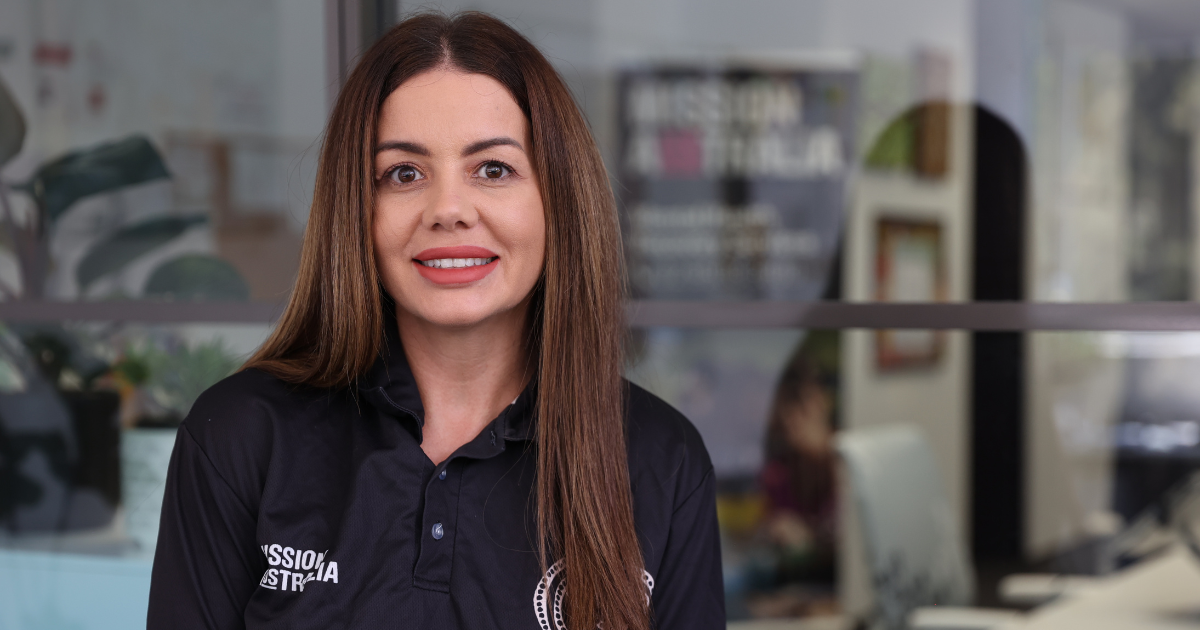From fear to freedom: Cass’ story
- Details
After years trapped in an abusive and controlling relationship, Cass dreamed of a different life.
When asked about the exact moment her marriage shifted into dangerous territory, Cass says it was a gradual decline in trust, happiness and safety.
He’d never hurt her enough to leave bruises, making it difficult for outsiders to know what was going on, but Cass was constantly on edge. Her ex-husband would get triggered at something as simple as the sound of a vacuum, often slap Cass to wake her up or accuse her of being a ‘bad mother’.
He would apologise, but it would happen again and again. Often without a moment's notice.
Cass stopped seeing her friends and was discouraged from going to work. Her finances were managed by her ex-husband who used a form of abuse called ‘coercive control’.
Cooercive control is a pattern of abuse where someone slowly takes away another person’s freedom using fear, manipulation, and isolation. It’s a hidden form of control that can be just as harmful as physical violence. Learn how to spot an unhealthy relationship with these four signs.
One morning, Cass received a text from her ex-husband saying, ‘You need to get away from me’.
She saw her chance to escape, but leaving wasn’t simple—especially with two children to protect. Cass had nowhere to go, no money and no support network.
Cass’s dilemma is one faced by thousands of women and children across Australia. In 2023-24, specialist homelessness services assisted 109,500 people who had experienced family and domestic violence. Around 48% of those people were single parents with one or more children in their care.1
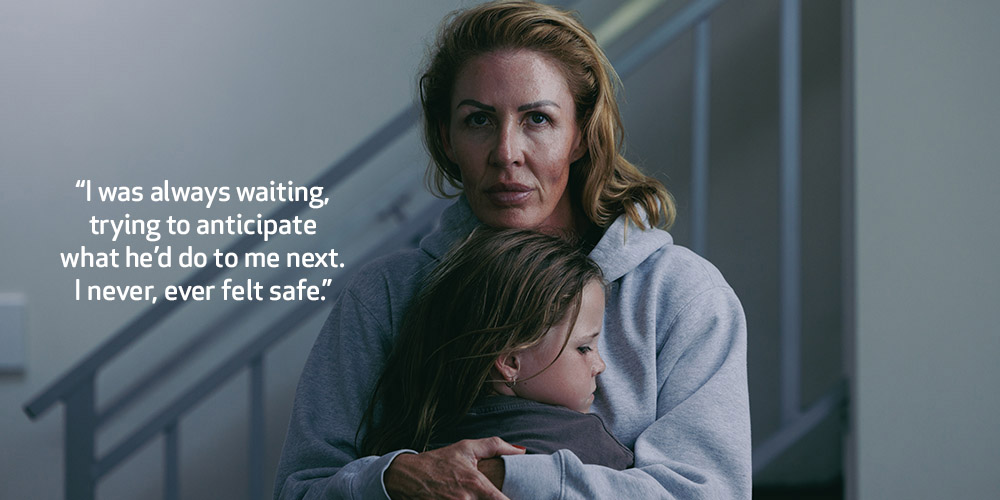
Crisis accommodation for families in need
In Cass’ darkest moment, she reached out for help. A phone call to a homelessness helpline connected her with Mission Australia. That call changed everything.
“Most of the time, crisis accommodation for families is full,” says Emilia, a Mission Australia case worker.
“But the day Cass called, another family was moving on from one of our refuges.”
Cass was given a confidential address and told to tell no one—not even close friends—for her safety.
“There were cameras and security, and no one could see the house from the street,” Cass recalls.
“The internet was on, there was a kitchen with food. We’d walked out with just some bags—but the Mission Australia team made sure we had everything we needed. I felt safe. The kids would be okay.”
For the first time in years, she felt safe.
In the next hour, 3,000 Australians will reach out to homelessness services like Mission Australia for help. 1 Sadly, many families will be forced to stay in situations that are unsafe. Homes where they are monitored, controlled, and isolated. Homes where they live in constant fear.
Emilia from Mission Australia knows that crisis accommodation is only the beginning.
“It’s very hard to go from a house with all your familiar things to a single room in a refuge. Then somehow, you have to start your life over again—and that’s a huge thing to face,” Emilia explains.
“Unfortunately, we do see some women go back to their abusive partners.”
Cass came close at times. Years of coercive control had shattered her self-confidence. But the unwavering support of Emilia, the Mission Australia team, and the generosity of supporters helped her rebuild her life.
With financial assistance, counselling, and school supplies for her children, Cass slowly regained her independence. As she grew accustomed to feeling safe, her strength and determination emerged.
“Cass is remarkable,” says Emilia. “She had nothing and was dealing with deep trauma. But whenever she was with her children, she had a smile on her face. We could see this strong, independent person coming through.”

When the time came to move from the refuge into transitional housing, our team stepped in once again. Cass received practical items to help her set up a home, and Emilia continued to check in on her.
Now, Cass and her children have a place of their own. A place where they are truly safe.
"Living with my ex, it’s hard to explain,” Cass reflects.
I was always waiting, trying to anticipate what he’d do to me next. I never, ever felt safe. Now, there’s just … peace. I’m free to focus on my children. I can give them safety and stability. Our house finally feels like a home.”
Help end homelessness in Australia
Domestic and family violence is one of the leading causes of homelessness in Australia. With your donation, vulnerable families can acess the urgent support they need to find a safe home and thrive.
Names and images have been changed to protect the identities of the people we helped
1 AIHW (2024) Specialist homelessness services annual report 2023-24
If you or someone you know are experiencing abuse or violence, contact the National Sexual Assault, Family & Domestic Violence Counselling line on 1800 RESPECT (1800 737 732).
Related news and stories
Read about what we’ve been working on, our stance on important social issues and how you make a difference to vulnerable Australians' lives.
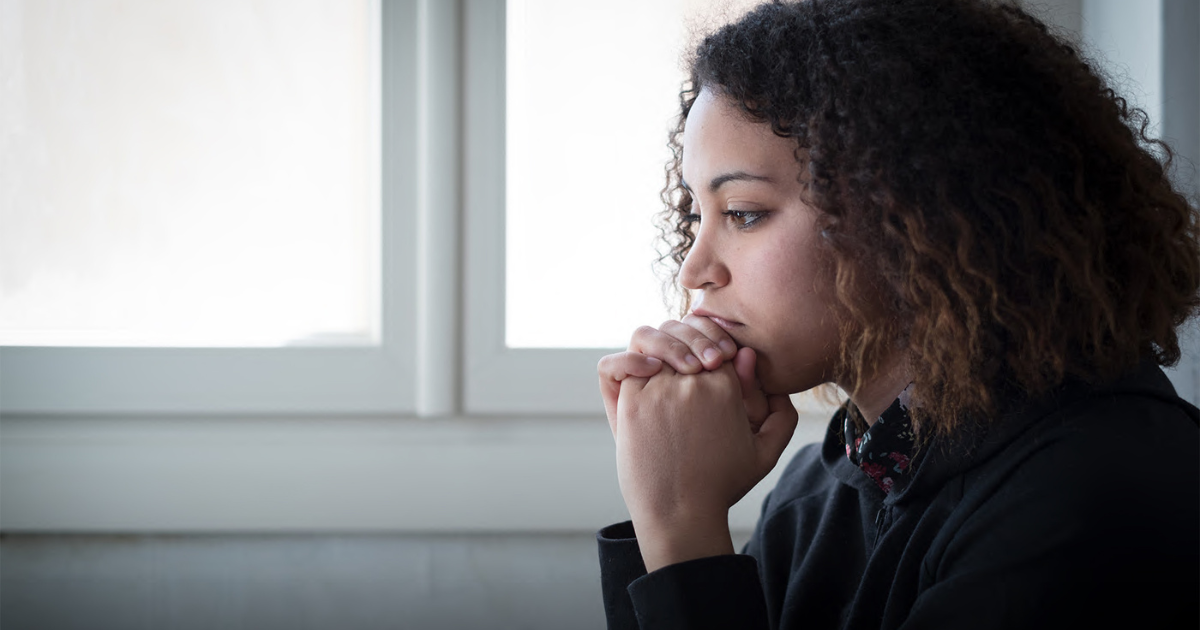
Three priorities at the 2025 Federal Election
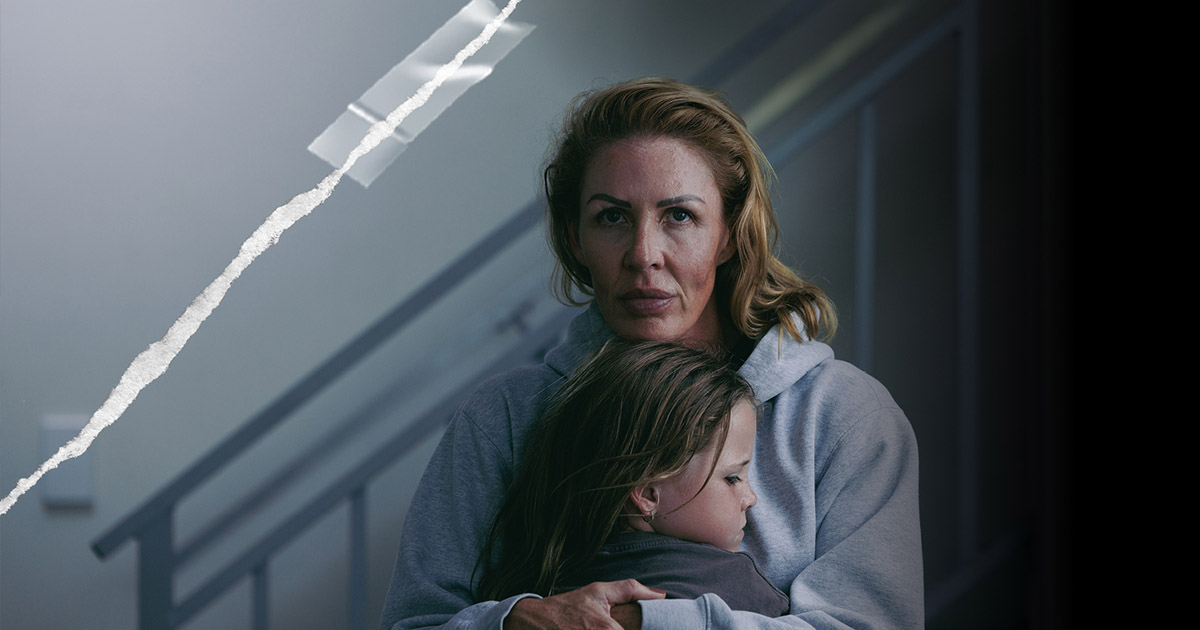
From fear to freedom: Cass’ story

Women helping women: Karla’s story
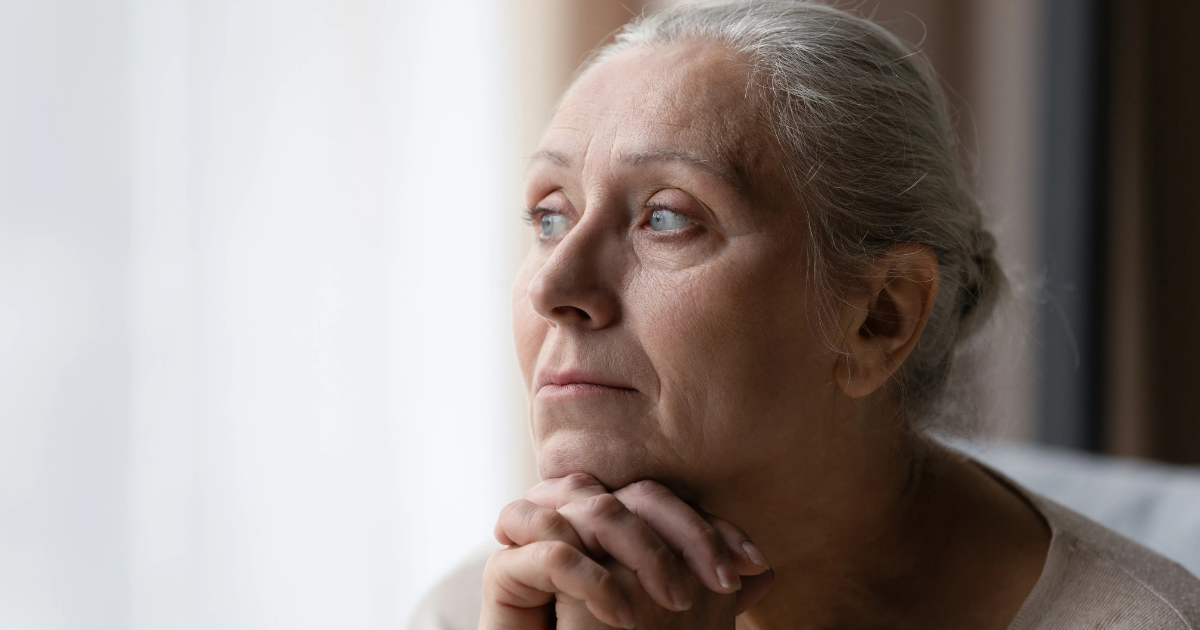
Helping older women find safe homes
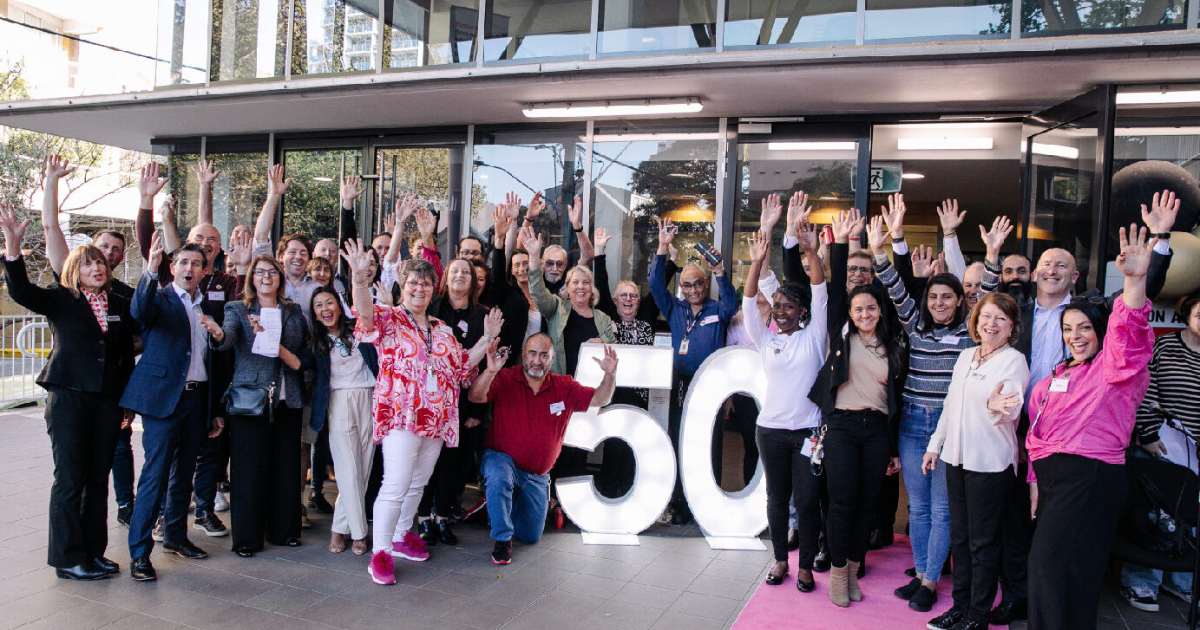
Celebrating 50 years of helping people in Surry Hills
